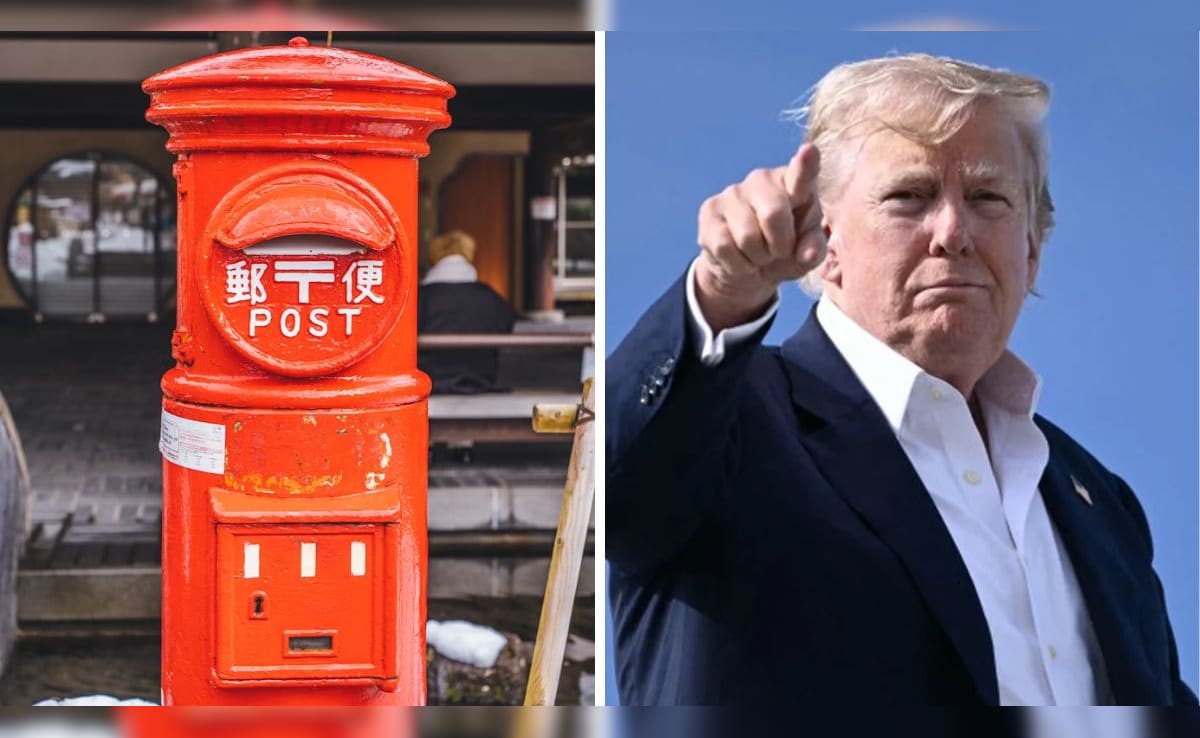While the infection rate isnât as high as in some other European countries, its relentless rise has set off alarm bells. Outgoing Chancellor Angela Merkel will meet the countryâs 16 state governors to coordinate nationwide measures next week, and parliament is mulling legislation that would provide a new legal framework for restrictions over the winter.
In its weekly report released late Thursday, the Robert Koch Institute said it âurgently advises canceling larger events if possible, but also reducing all other unnecessary contacts.â If such events canât be avoided, it added, people should take a test before attending, regardless of whether they are vaccinated.
Most German regions restrict access to many indoor facilities and events to people who have been vaccinated against the virus, have recovered from COVID-19 or recently received negative test results â with the latter category now excluded in some areas. But enforcement is often slack.
Germany has struggled to bring new momentum to its vaccination campaign lately, with a bit over two-thirds of the population fully vaccinated, and has balked so far at ordering vaccine mandates for any professional group. Officials also want to ensure more people who were inoculated months ago get booster shots.
___
Follow APâs pandemic coverage at https://apnews.com/hub/coronavirus-pandemic
.png)











 English (United States) ·
English (United States) ·  Turkish (Turkey) ·
Turkish (Turkey) ·